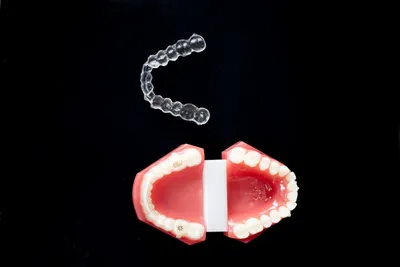Introduction to Dental Fillings
Dental fillings are a common treatment used to repair cavities and restore the integrity of a tooth affected by decay. Understanding dental fillings, their types, and the benefits they offer can empower you to make informed decisions about your oral care.
Types of Dental Fillings
Amalgam Fillings
Amalgam fillings are made from a combination of metals including silver, mercury, tin, and copper. Known for their durability, these fillings are often used in back teeth where chewing pressure is greatest.
Composite Fillings
Composite fillings, crafted from a blend of plastic and fine glass particles, offer a more natural appearance that closely matches the color of your teeth. They are ideal for visible surfaces, though they may not last as long as other filling types.
Ceramic Fillings
Ceramic fillings are made from porcelain and are an aesthetically pleasing option that is both stain-resistant and durable. They often come at a higher cost and require more tooth structure removal.
Gold Fillings
Gold fillings are a long-lasting choice that is not commonly used due to their high cost and distinctive appearance. However, they are favored for their durability if you prefer a traditional approach.
The Dental Filling Procedure
The process of getting a dental filling is straightforward and typically involves several steps:
- Anesthesia is administered to numb the area around the tooth.
- The decayed portion of the tooth is removed.
- The area is cleaned to eliminate bacteria or debris.
- The filling material is applied, shaped, and polished.
Understanding these steps can ease any anxiety related to the procedure.
Benefits of Dental Fillings
Dental fillings offer several benefits, including:
- Restoring the tooth’s function and integrity.
- Preventing further decay by sealing the area.
- Improving the overall aesthetics of your smile.
These advantages highlight the importance of addressing cavities with appropriate fillings.
Caring for Your Fillings
Oral Hygiene Practices
Maintaining excellent oral hygiene is crucial for the longevity of dental fillings. Regular brushing, flossing, and dental check-ups help preserve both the fillings and your natural teeth.
Dietary Considerations
Avoiding hard, sticky foods can prevent damage to your fillings, ensuring they last longer. Consuming a balanced diet with little sugar further supports oral health.
Conclusion
Dental fillings are an essential component of maintaining oral health after tooth decay. By understanding the different types, the procedure, and how to care for them, you can make informed decisions that contribute to a healthy, long-lasting smile.
Popular Health Articles
Explore our most popular health articles that have resonated most with our readers, offering valuable insights and practical advice.

Effective Strategies for Managing Work-Related Stress



